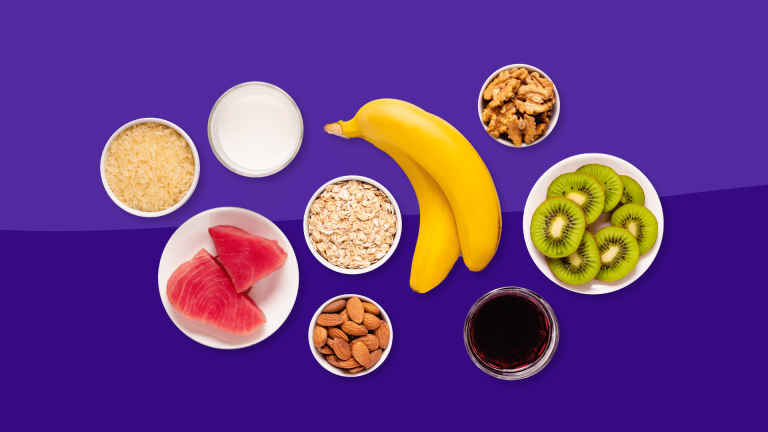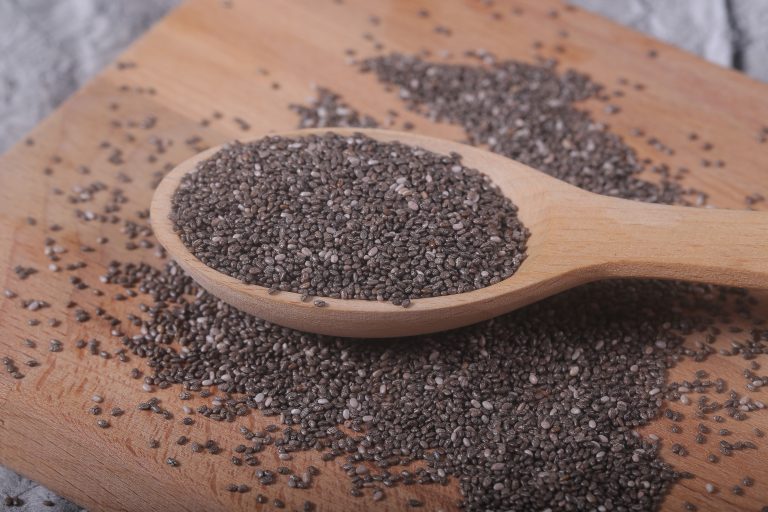Is Milk Healthy for my Toddler..?
All first time mothers are scared and confused when it comes to nourishing their young ones. Milk is always the most essential part of a child’s diet in the initial phase of his life. Children under 12 months of age are breast fed or given formula if there are complications in feeding the child. However, there are some children who refuse milk in spite of all the efforts a parent makes to feed the child. Now here we as a parent need to understand the cause of this unacceptability and dig deeper. There can be issues with the child’s compatibility to consume milk. This could be due to the lactose intolerance in the child and can be determined by blood test and a Genetic test.
A genetic test for lactose intolerance helps to determine the gene for lactose intolerance in the body since three fourth of the world population are lactose intolerant and can’t consume milk or milk products without feeling ill. Lactose intolerance in infants (congenital lactase deficiency) is caused due to the mutation of LCT gene which is responsible for making the lactase enzyme. These mutations are believed to interfere with the function of lactase, leading to severely impaired ability to digest lactose in breast milk or formula. This test will give a clear picture that kid has Lactose Intolerance as it gene specific. Hence once should include alternative products for calcium to be inculcated in the diet.
Lactose Intolerance Test Blood Sample This test helps to find out how much lactase your body is producing. It also determines the factor behind lactose intolerance. When testing, a lactose solution is given to drink and the sample of blood after lactose ingestion is taken. The blood is tested to see the amount if glucose present in it. Incase of lactose intolerance, your blood sugar levels either rise slowly, or not at all. This is due to the fact that the body is unable to break down the lactose into glucose
Key benefits of Milk:
- High in calcium, milk is important for growing bones and teeth. Calcium is more easily taken into the body from milk than from vegetable foods.
- It is a good protein.
- Whole milk gives fat for energy and growth.
- Milk provides some vitamins, especially Vitamin A (in the milk fat) and B group vitamins. We all have heard this common phrase along the lines of “drink your milk so you’ll grow big and strong!” It is quite true that milk does provide valuable nutrients that kids need during their development. Other benefits apart from milk come from milk products such as cheese, butter, cottage cheese, and flavored milk as well. Milk consumption is essential to keep you healthy and is a great source of calcium for all ages. The following are 6 benefits kids gain from drinking milk.
Calcium Milk is known to be the best source of calcium for our body. It protects the body from bone loss, obesity in children and aids in loss of unwanted fats. It is necessary to consume the recommended amount of daily calcium intake in order to maintain strong bones and prevent fractures. The body cannot make calcium, so the dairy foods (milk, cheese, yoghurt) that children eat and drink every day are important to be included in the diet
Vitamin D Vitamin D plays a major role in the absorption of calcium in the body. Hence, the milk industries usually fortify milk packs with 100 to 120 IU of Vitamin D. Vitamin D helps bone strength by promoting bone growth and reducing the risk of brittle bones. It also reduces inflammation and increases immune function.
Healthy Bones Genetics, physical activity, and proper calcium intake are the three main factors that contribute to strong and healthy bones. Since milk is rich in calcium, which is essential for growth and proper strong bone structure, milk helps prevent bone growth disorders and decrease the chance of bone fractures when injured.
Healthy Teeth Encouraging young children to drink milk helps in proper dental health. Milk protects the enamel surface against acidic by products of the food. Drinking milk for energy and good health helps children to reduce the consumption of soft drinks, thus lowering the risk of decayed teeth and weak gums.
Rehydration Milk contains a plenty of water and thus helps keep the body hydrated. Especially for children who are constantly active and running around it is important to stay hydrated. Therefore having a glass of milk is a way to replenish water in the body lost with sweat and urine.
Improving Vitamin Intake Milk contains vitamins and minerals that are good for eyesight, carbohydrates that increase energy and protein for body repair and growth. Overall it keeps the child healthy and strong.
While the above article guides you to eating healthier, there is no substitute for customized professional advice given by a qualified nutritionist. We urge you to speak to your personal dietician or if you need help, contact a nutritionist at Qua Nutrition.
You can contact us at 080 3232 9292 or log on to www.quanutrition.com to Book An Appointment.









